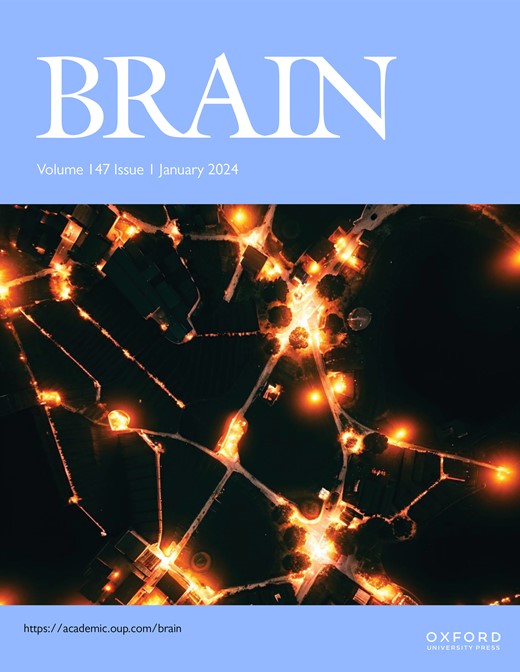与随访和治疗评估相关的肌肉疾病生物标志物。
IF 10.6
1区 医学
Q1 CLINICAL NEUROLOGY
引用次数: 0
摘要
肌肉疾病包括多种多样的疾病,在大多数情况下具有遗传性。由于肌肉疾病的罕见性,研究人员在确定疾病的自然病史以及开发诊断工具、疗法和评估疾病进展的结果时都面临着挑战。随着针对许多遗传性肌肉疾病的分子疗法以及针对免疫介导型肌肉疾病的生物疗法不断涌现,生物标志物在药物开发和评估中发挥着重要作用。在这篇综述中,我们将重点关注生物标志物在肌肉疾病中的作用,并讨论它们在治疗试验中作为替代终点的效用。我们将其分为以下几类:1)疾病非特异性标志物;2)可用于多种疾病的特定通路标志物;3)疾病特异性标志物。我们还提出,对特定治疗干预措施的评估可从与干预措施相匹配的生物标记物中获益。本文章由计算机程序翻译,如有差异,请以英文原文为准。
Biological biomarkers in muscle diseases relevant for follow-up and evaluation of treatment.
Muscle diseases cover a diverse group of disorders that in most cases are hereditary. The rarity of the individual muscle diseases provides a challenge for researchers when wanting to establish natural history of the conditions and when trying to develop diagnostic tools, therapies, and outcome measures to evaluate disease progression. With emerging molecular therapies in many genetic muscle diseases, as well as biological therapies for the immune-mediated ones, biological biomarkers play an important role in both drug development and evaluation. In this review, we focus on the role of biological biomarkers in muscle diseases and discuss their utility as surrogate endpoints in therapeutic trials. We categorise these as either 1) disease unspecific markers, 2) markers of specific pathways that may be used for more than one disease or 3) disease-specific markers. We also propose that evaluation of specific therapeutic interventions benefits from biological markers that match the intervention.
求助全文
通过发布文献求助,成功后即可免费获取论文全文。
去求助
来源期刊

Brain
医学-临床神经学
CiteScore
20.30
自引率
4.10%
发文量
458
审稿时长
3-6 weeks
期刊介绍:
Brain, a journal focused on clinical neurology and translational neuroscience, has been publishing landmark papers since 1878. The journal aims to expand its scope by including studies that shed light on disease mechanisms and conducting innovative clinical trials for brain disorders. With a wide range of topics covered, the Editorial Board represents the international readership and diverse coverage of the journal. Accepted articles are promptly posted online, typically within a few weeks of acceptance. As of 2022, Brain holds an impressive impact factor of 14.5, according to the Journal Citation Reports.
 求助内容:
求助内容: 应助结果提醒方式:
应助结果提醒方式:


